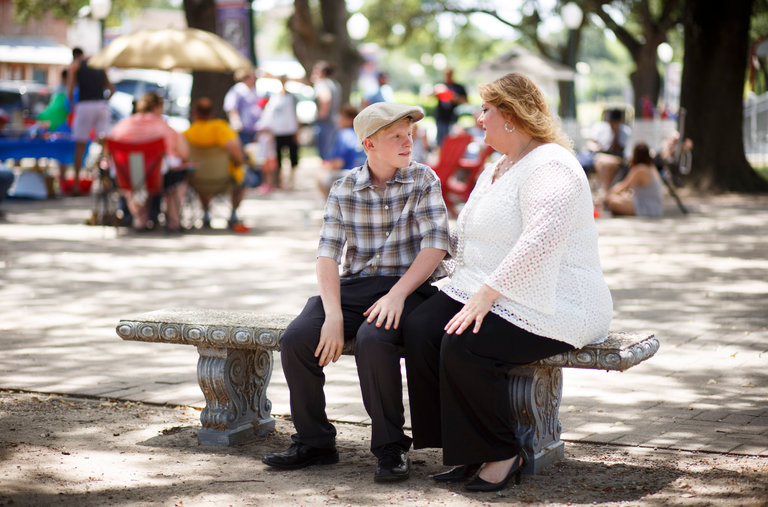The actor Cameron Boyce, 20, who died on Saturday, had epilepsy, and his death was caused by a seizure that occurred during his sleep, his family said in a statement.
Mr. Boyce starred in shows on the Disney Channel, including “Descendants” and “Jessie,” and appeared in a number of movies.
“Cameron’s tragic passing was due to a seizure as a result of an ongoing medical condition, and that condition was epilepsy,” a Boyce family spokesperson told ABC News in a statement on Tuesday night. The Los Angeles County coroner’s office conducted an autopsy, but said it was awaiting the results of additional tests before determining an official cause of death.
The most likely cause of his death was Sudep, or sudden unexpected death in epilepsy, said Dr. Orrin Devinsky, director of NYU Langone’s Comprehensive Epilepsy Center in Manhattan. He was not involved in Mr. Boyce’s care.
Each year, about one in 1,000 people with epilepsy die from this disorder. In the United States, there are about 2,600 such deaths a year, though neurologists suspect that figure is an undercount.
“It can happen to anyone with epilepsy,” Dr. Devinsky said. “Even the first seizure could be the last one. The more uncontrolled the seizures, the more severe, and the more they occur in sleep, the higher the risk.”
About 70 percent of cases occur during sleep, and the people are often found facedown in bed. Usually, they have been sleeping alone. The probable cause of death is that the person stops breathing. A severe seizure can temporarily shut down the brain, including the centers that control respiration, Dr. Devinsky said.
“If that happens when a person is sleeping, and sometimes the seizure causes the person to end up face down, then it’s a perfect storm,” he said, adding that seizures can also impair the arousal reflex, which normally causes people to struggle for breath and move around if their air supply is blocked.
If someone else is present and can roll the person over, call out and try to rouse them, “that can be lifesaving,” Dr. Devinsky said.
Many doctors do not warn patients and their families about Sudep. The philosophy seems to be, why share such terrifying news when they can’t do anything about it?
The risk of Sudep cannot be eliminated, but there are some things that patients and their families can do to lower it, Dr. Devinsky said. One is to be extremely vigilant about taking medicines to control seizures.
“If you miss one single dose, you can die,” he said.
Sleep deprivation can bring on seizures, and so can alcohol, particularly in excess.
Monitoring devices to detect seizures during the night — worn on the arm like a watch, or placed under the mattress — can alert a relative or housemate of a problem. But that precaution would not help people who live alone. It is not known whether setting off a loud alarm in the bedroom could help rouse a person who has had a seizure.
“A great deficiency in American health care at this time is that doctors don’t warn patients about this,” Dr. Devinsky said. “The vast majority of families have never heard about this as a possibility, which is unconscionable. It is something that every patient should be talked to about.”


